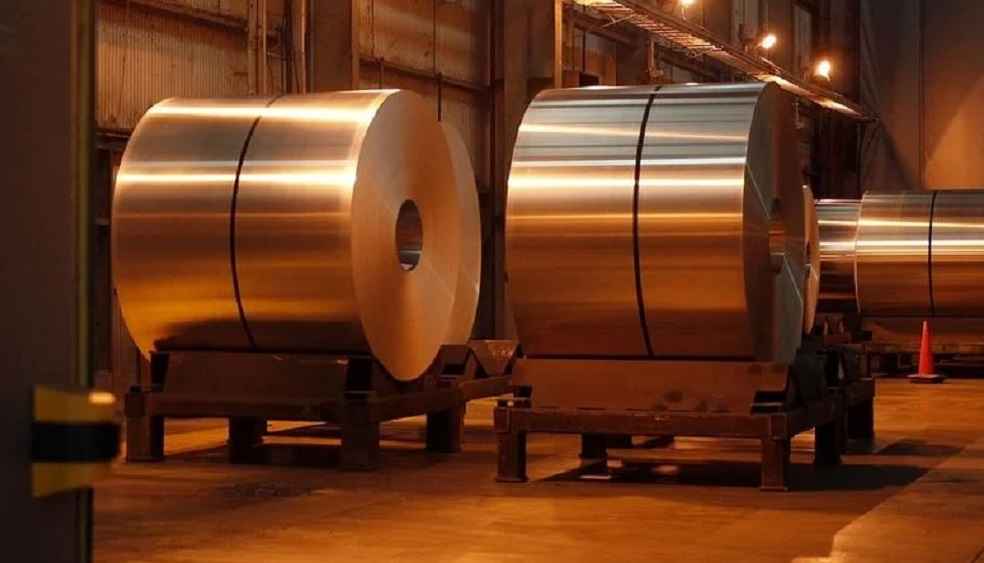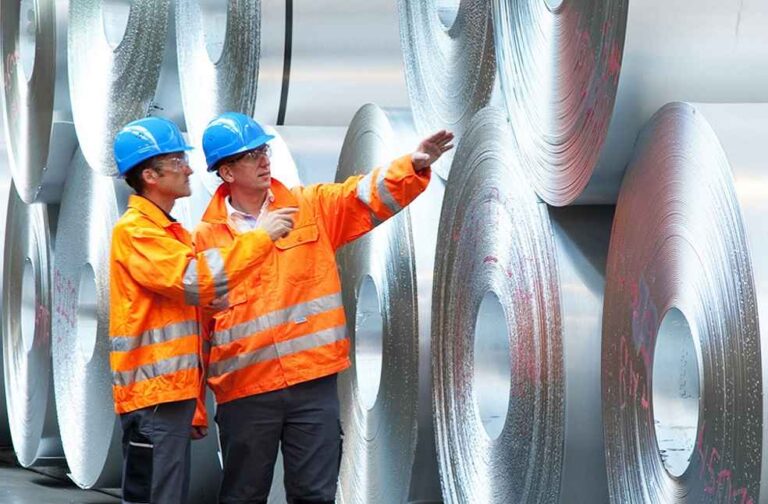The Biden administration has announced a strategic move to halt China’s evasion of American tariffs on steel and aluminum through Mexico. This decision targets a trade loophole that enabled subsidized Chinese steels to enter the U.S. market at reduced costs.
Effective immediately, a 25 percent tariff will apply to Mexican steel melted or poured outside North America before becoming a finished product. Additionally, Mexican aluminum-containing metal smelted or cast in China, Belarus, Iran, or Russia will incur a 10 percent tariff, according to Lael Brainard, director of the White House’s National Economic Council.
These new tariffs aim to protect American factories and workers, particularly in states like Pennsylvania and Ohio, benefiting from recent government investments. “Chinese steel and aluminum entering the U.S. market through Mexico evades tariffs, undermines our investments, and harms American workers in states like Pennsylvania and Ohio,” Brainard stated. The administration stresses the necessity of safeguarding American industries against the influx of cheap, state-subsidized Chinese metals.

Last year saw 3.8 million tons of steel enter the United States via Mexico, with about 13 percent melted or poured outside North America. This trend has raised alarms among American steel manufacturers and workers. Kevin Dempsey, president of the American Iron and Steel Institute, praised the administration’s action, urging strict enforcement to combat trade law circumvention schemes.
Despite support from some industry representatives, others argue the measures fall short. Michael Stumo, CEO of the Coalition for a Prosperous America, criticized the tariffs for insufficiently addressing the rising imports of metals from Mexico, despite a 2019 agreement to limit such imports. “Today’s announcement shows that White House foreign policy bureaucrats that negotiated this deal care more about Mexico than about American workers,” Stumo remarked.
The administration has actively addressed industrial overcapacity issues with China. During recent visits, Treasury Secretary Janet L. Yellen and Secretary of State Antony J. Blinken expressed concerns about unfair trade practices. In May, the administration tripled tariffs on Chinese steel imported directly into the United States, a largely symbolic gesture given existing high tariffs that have already limited direct imports.

Jay Shambaugh, Treasury’s undersecretary for international affairs, highlighted broader implications of China’s overcapacity on the global economy, warning of market distortions and unfair competition. “In today’s interconnected economy, such overcapacity can also lead to the concentration of supply chains in ways that ultimately reduce economic resilience,” Shambaugh commented at the Council on Foreign Relations.
Shambaugh pointed out China’s similar strategies in the green energy technology and semiconductor sectors, using extensive state support to sustain firms. Traditional trade actions may not suffice to address these challenges, suggesting a need for innovative approaches to mitigate China’s overcapacity impact.
The United States continues discussions with Mexico regarding the broader surge in steel imports, as American steel companies and autoworkers express concerns about potential risks to their factories.
LOGISTICS INDUSTRY | Việt Nam Aims to Become Global Logistics Hub with Strategic Initiatives



